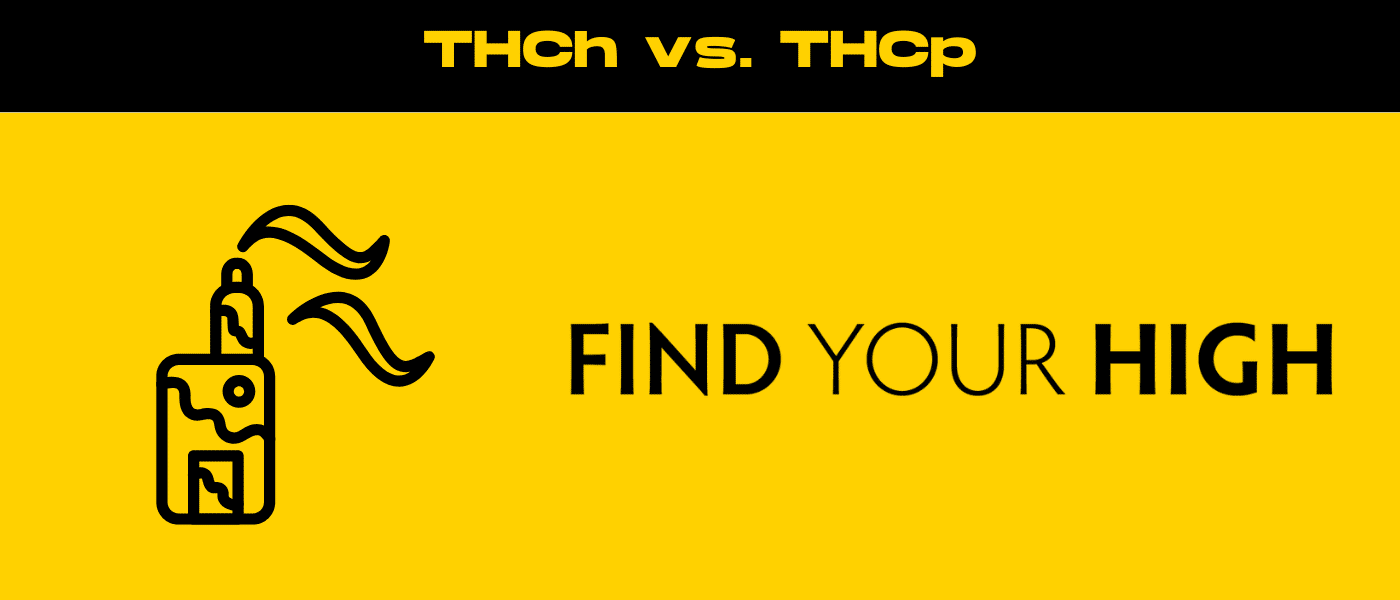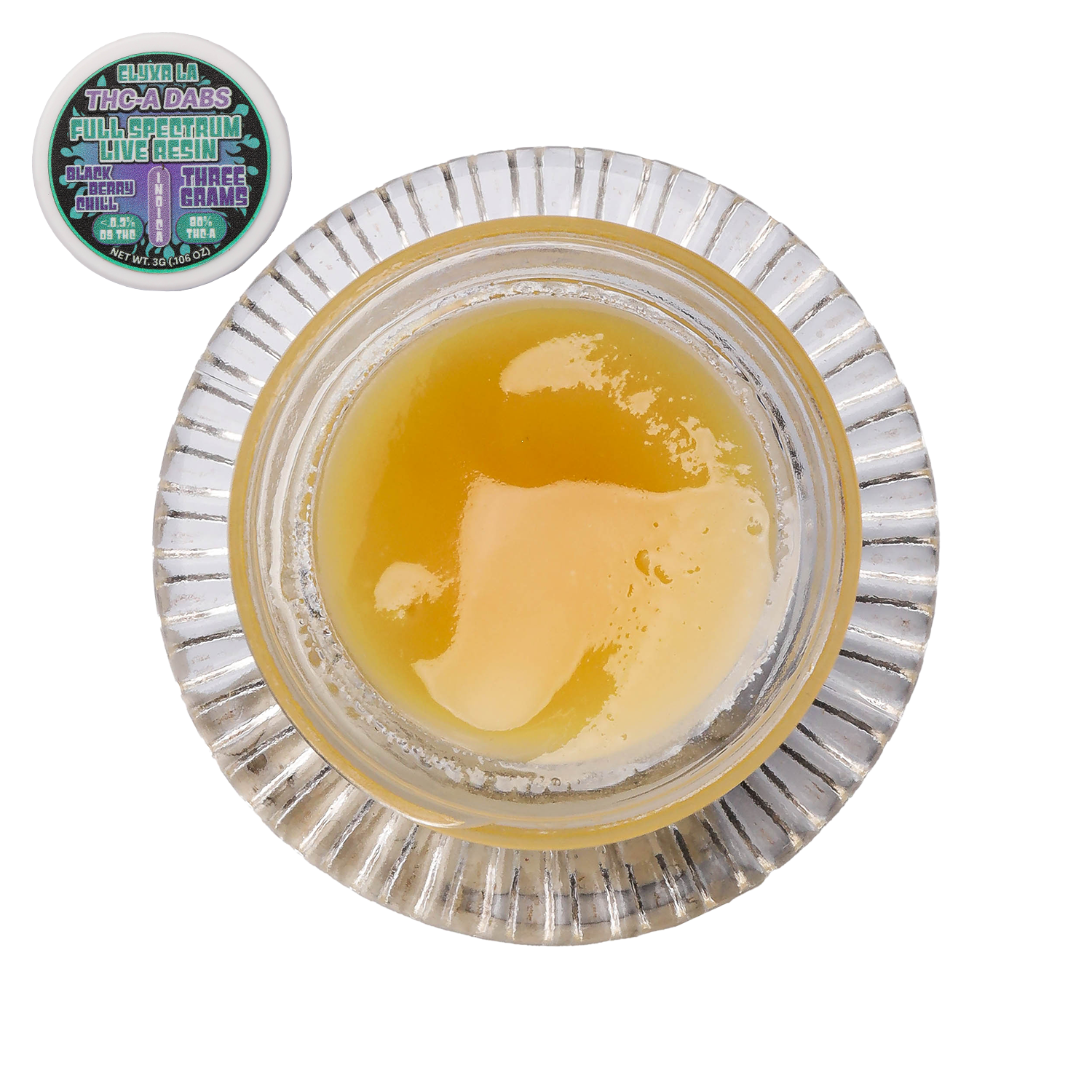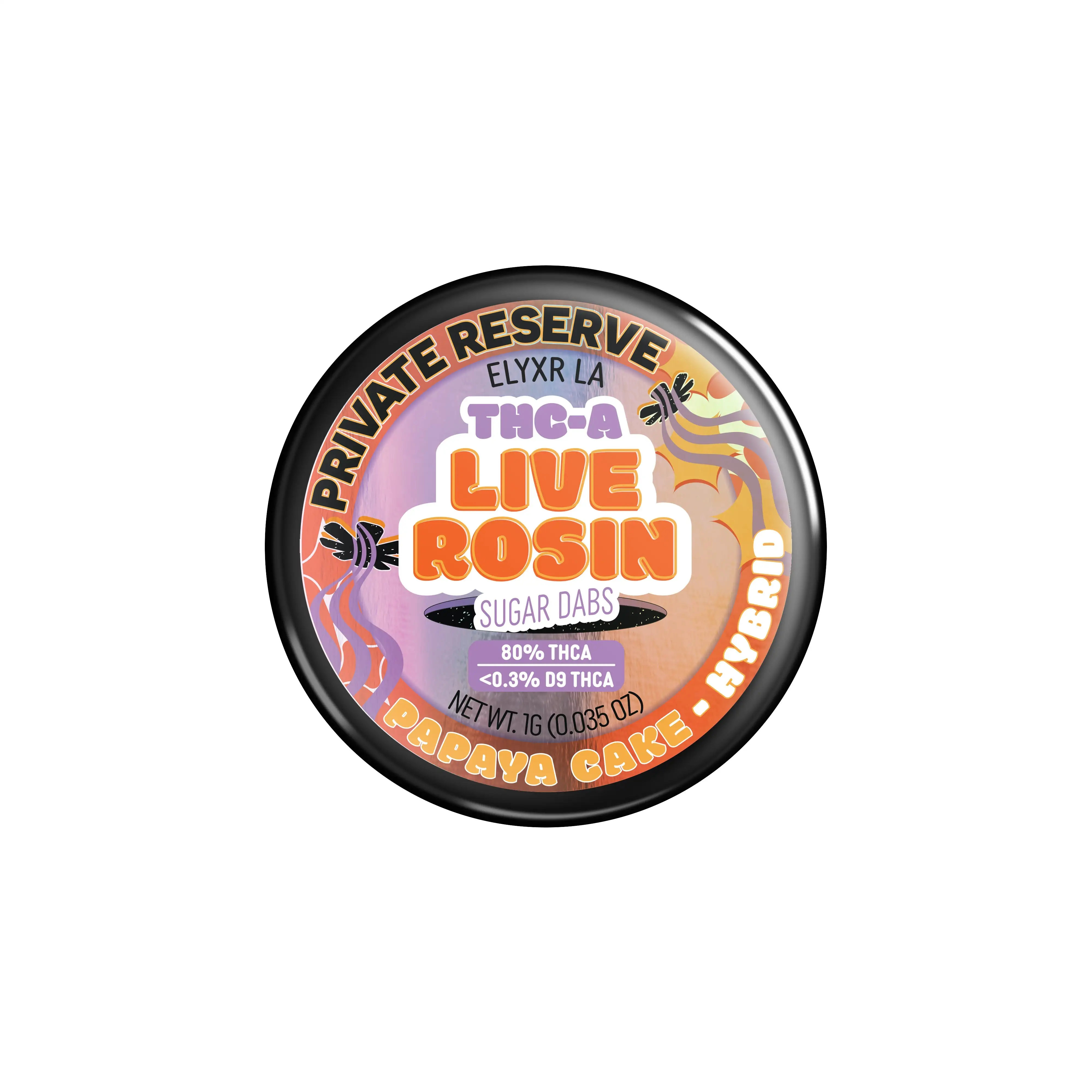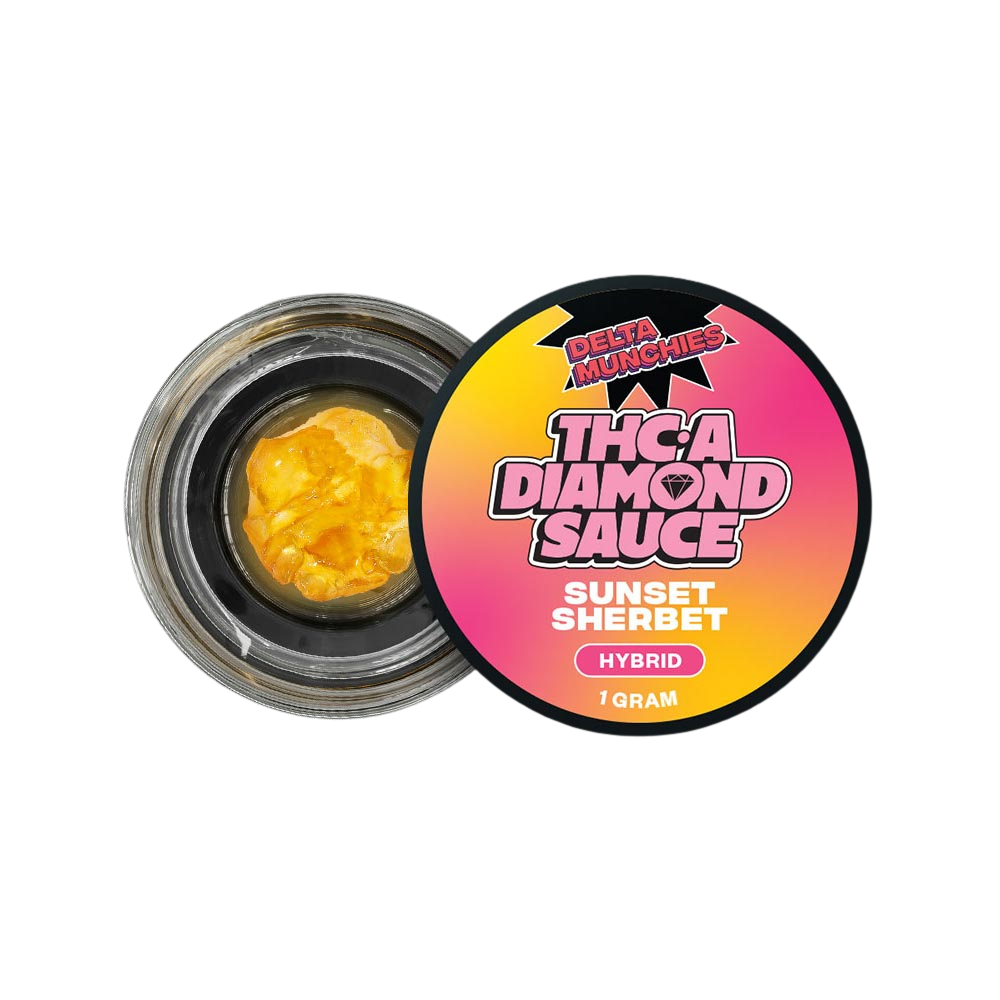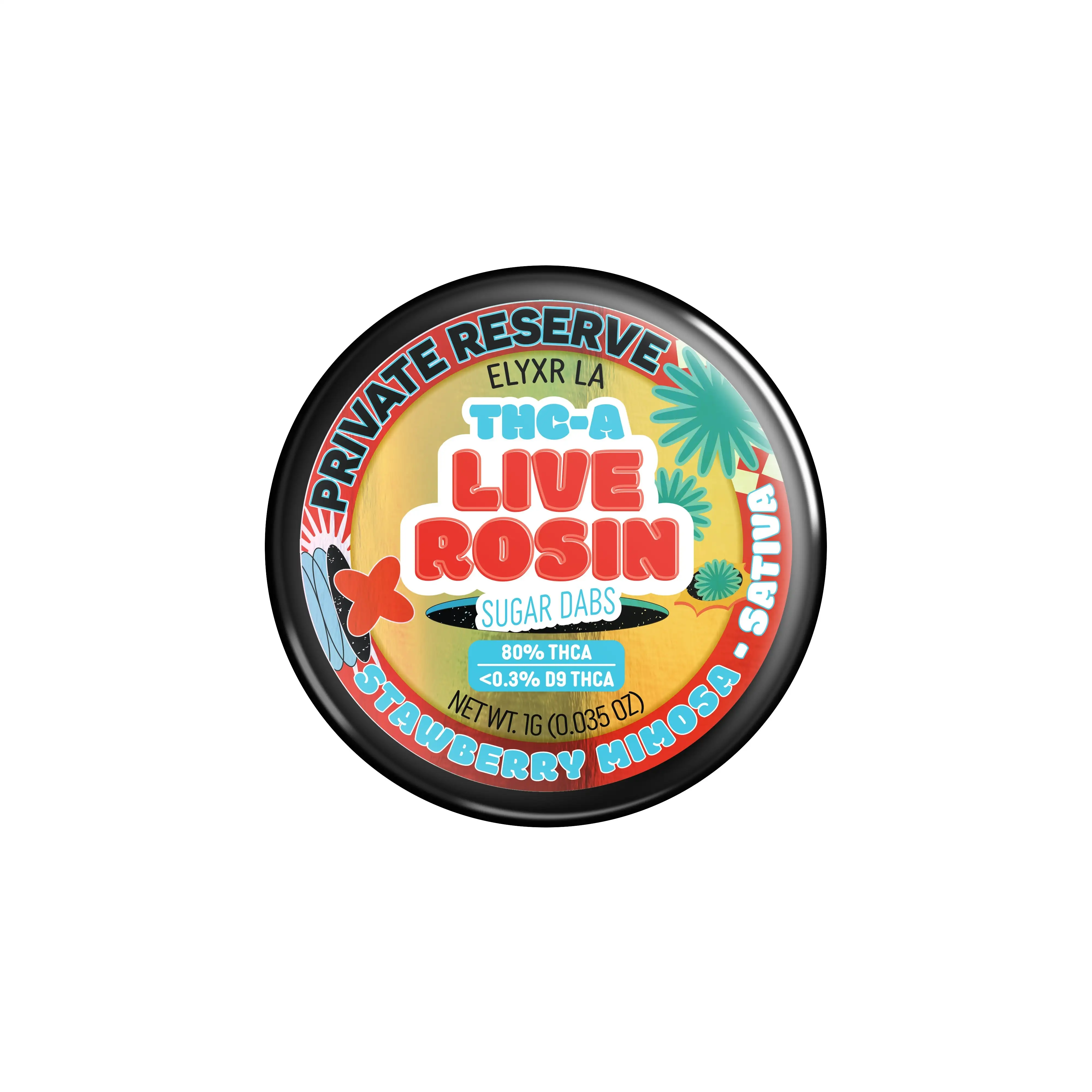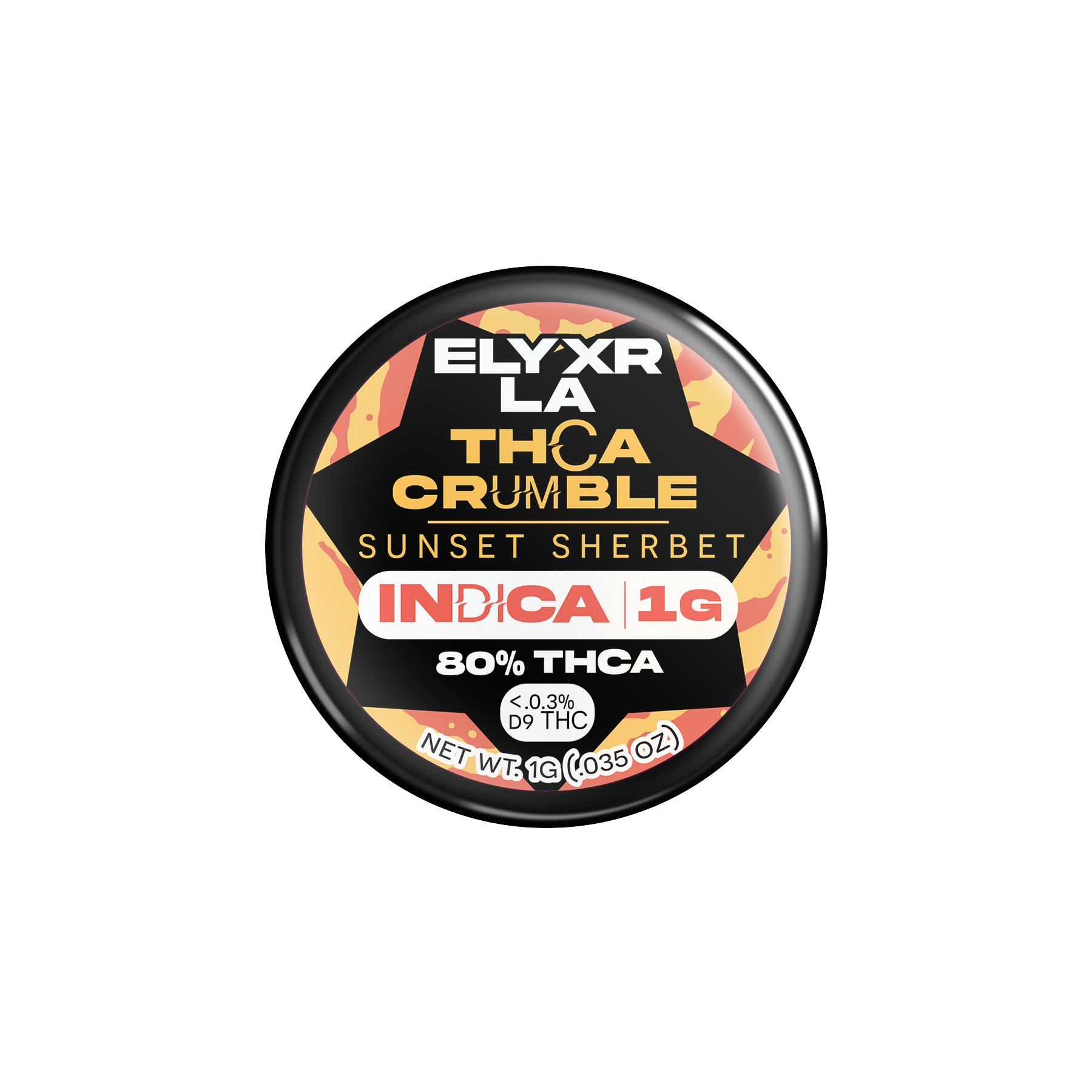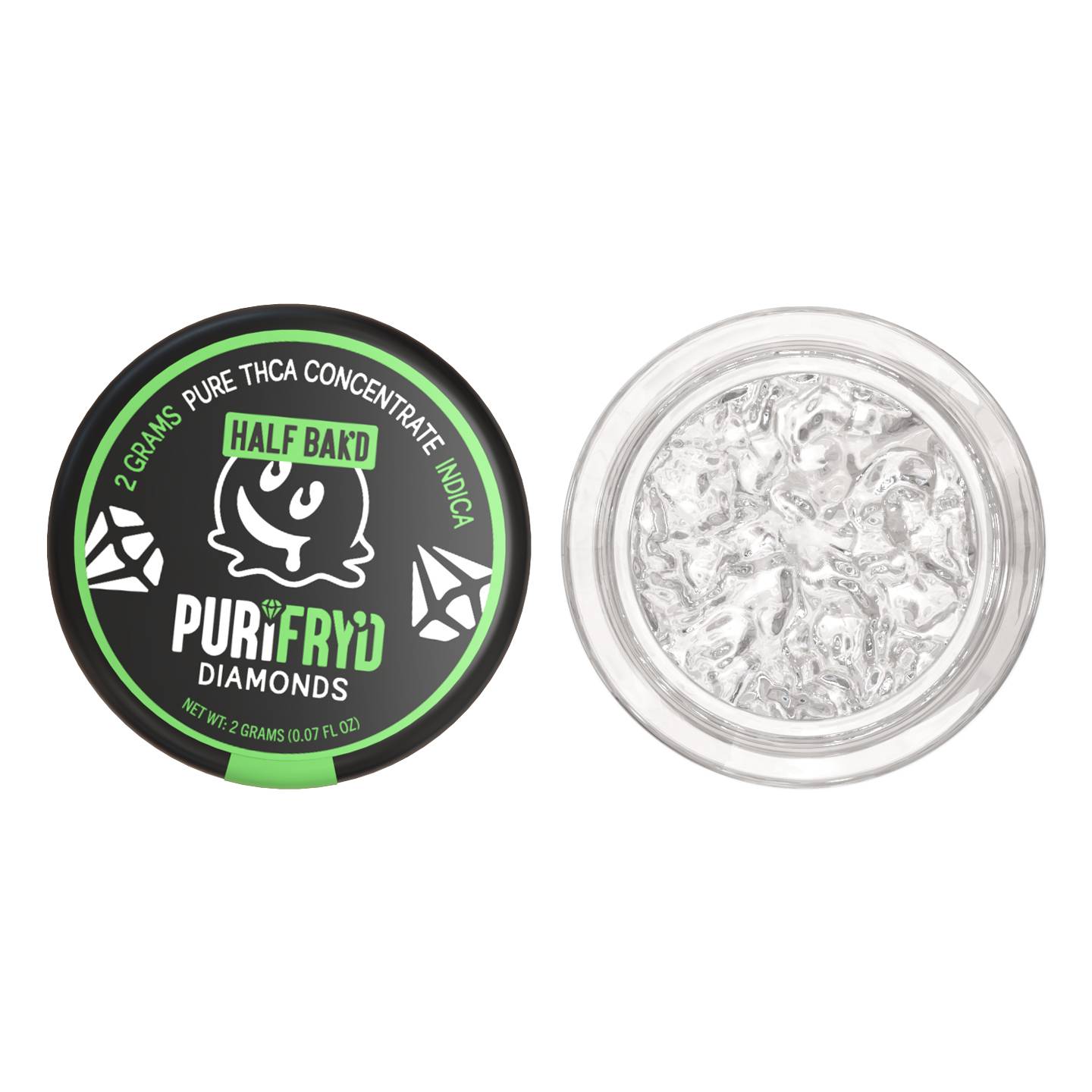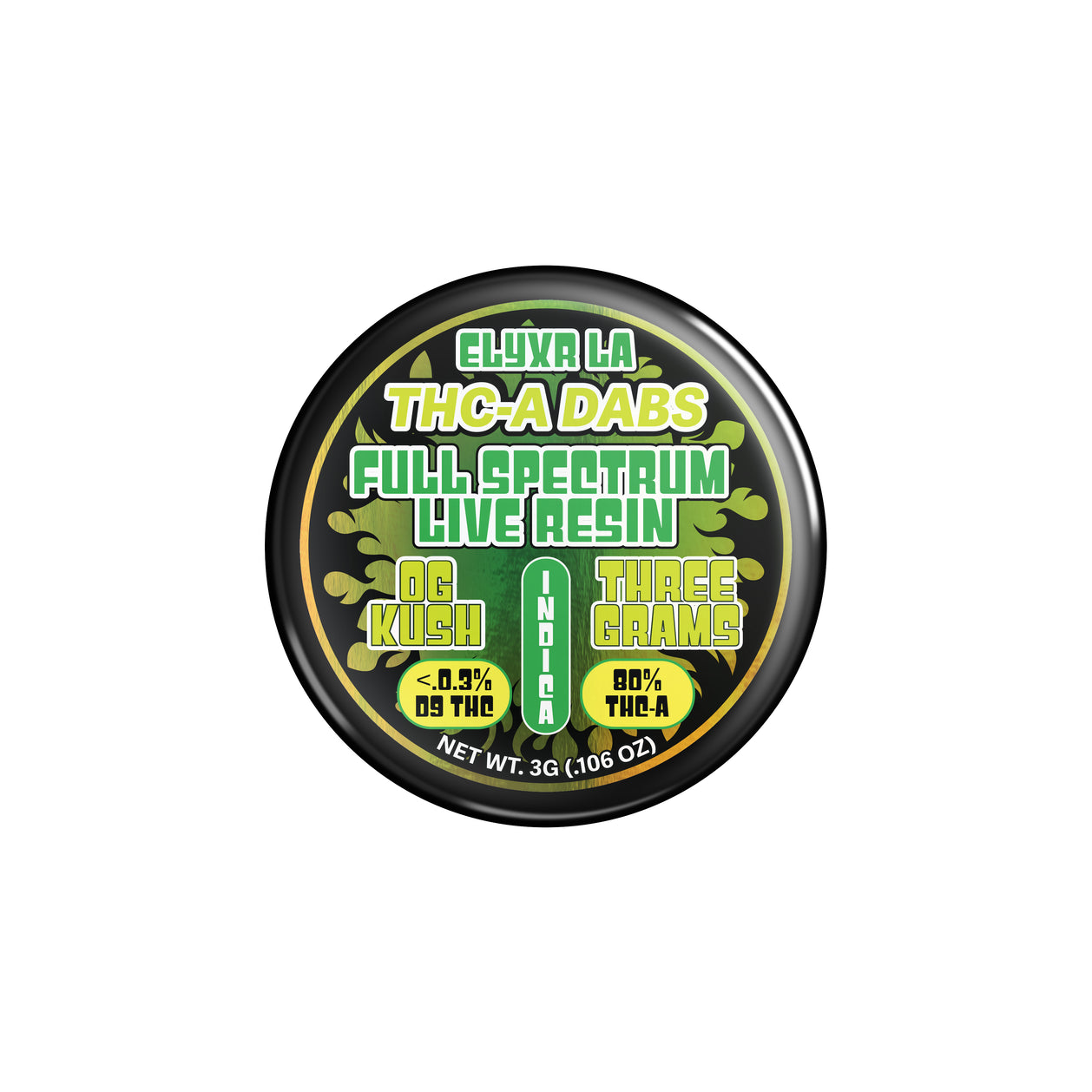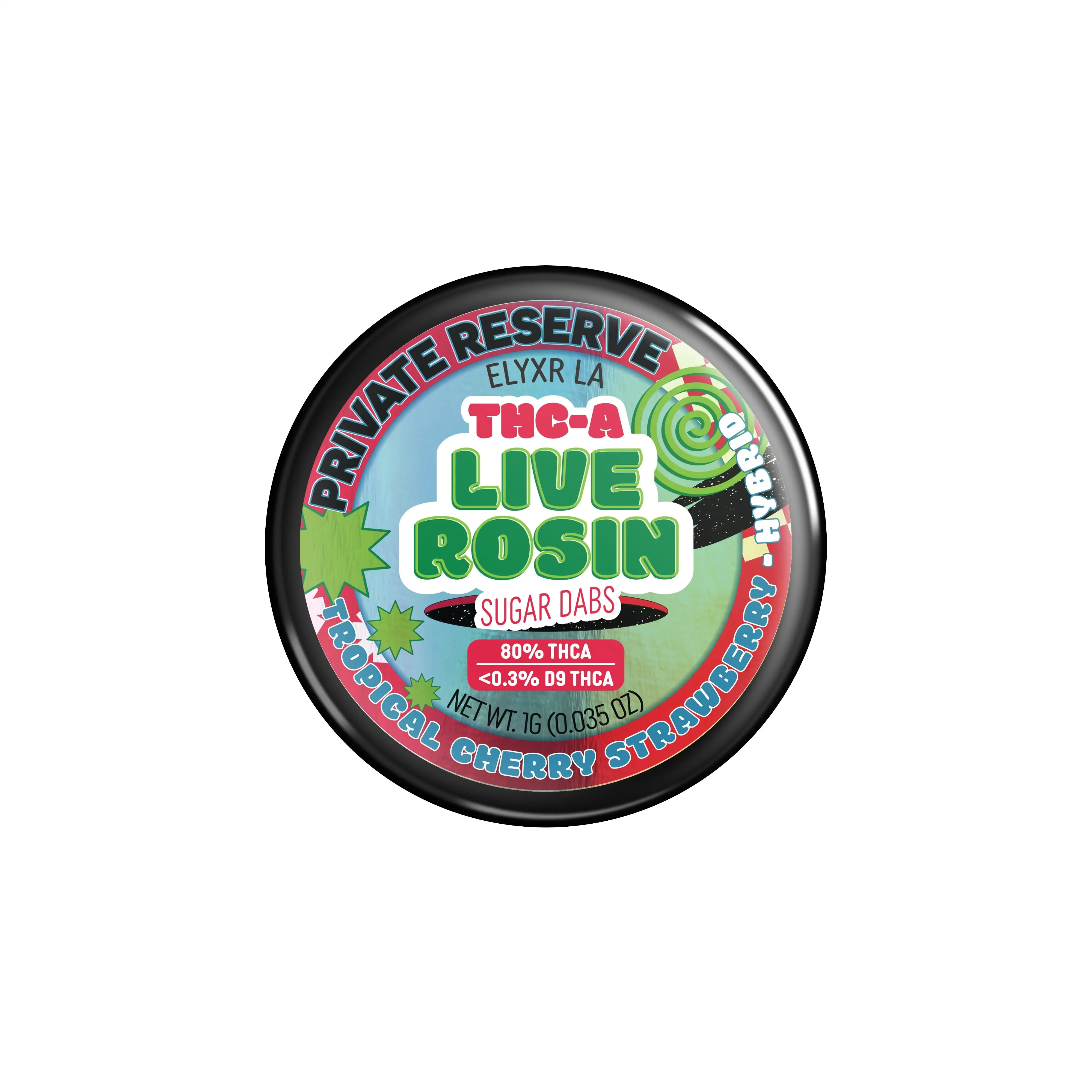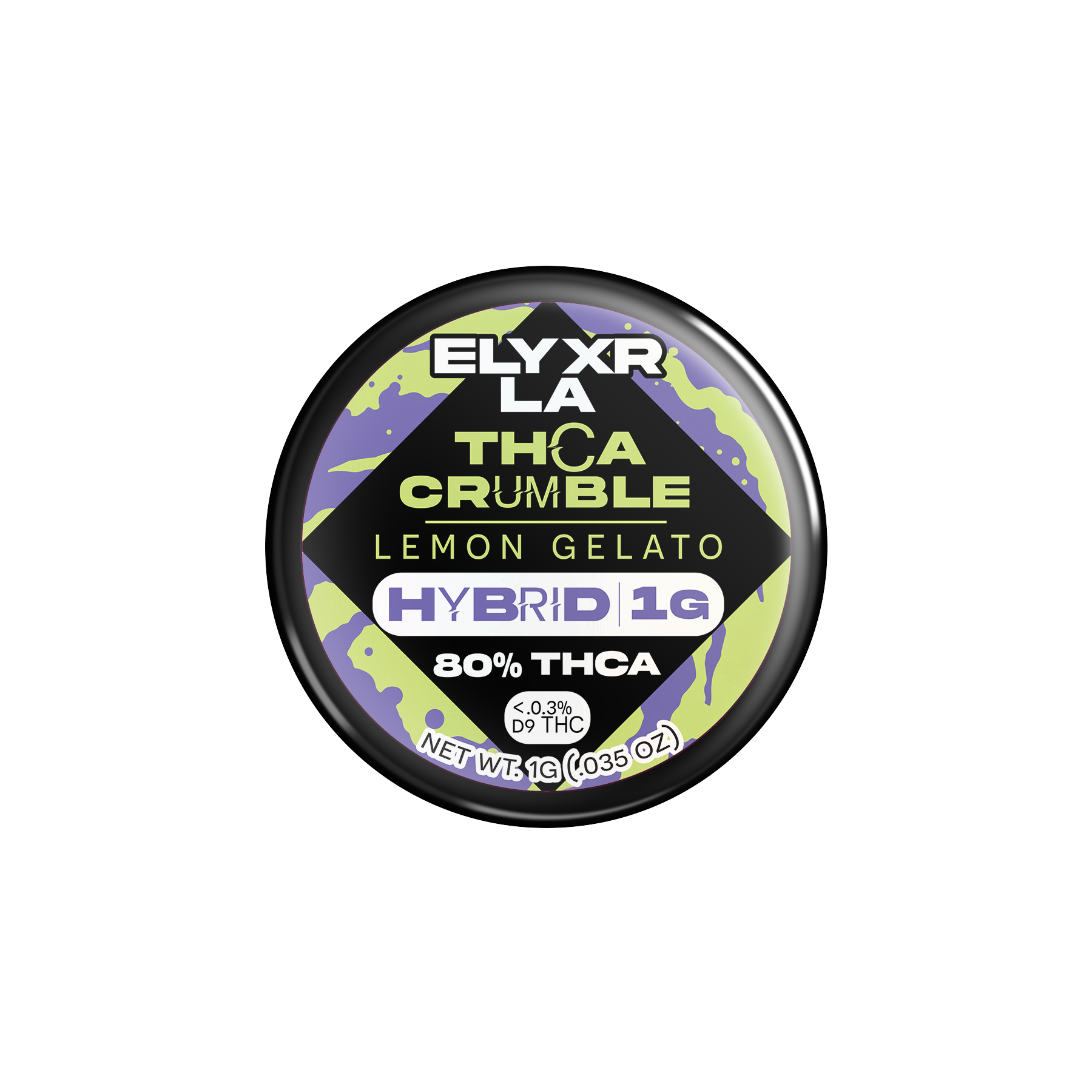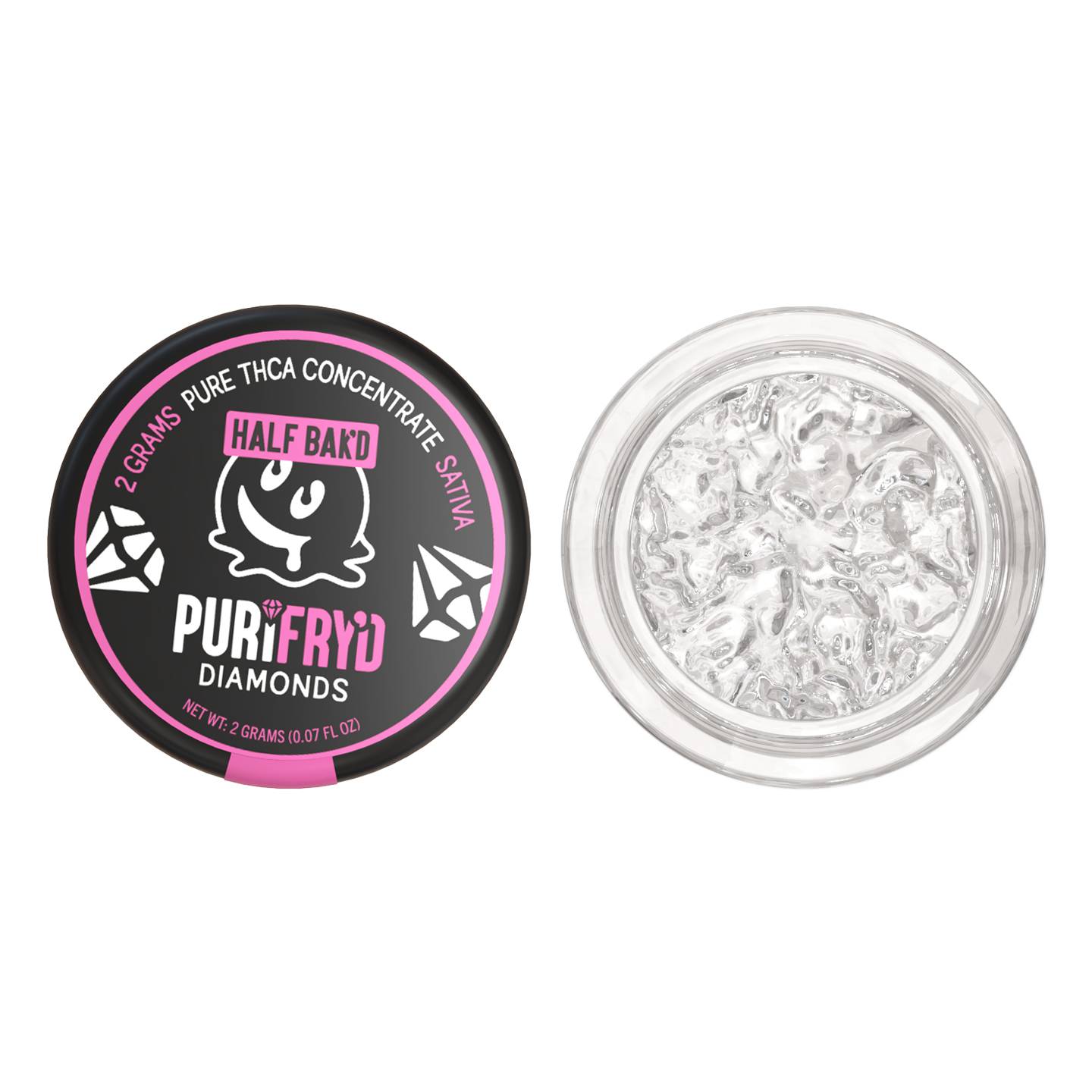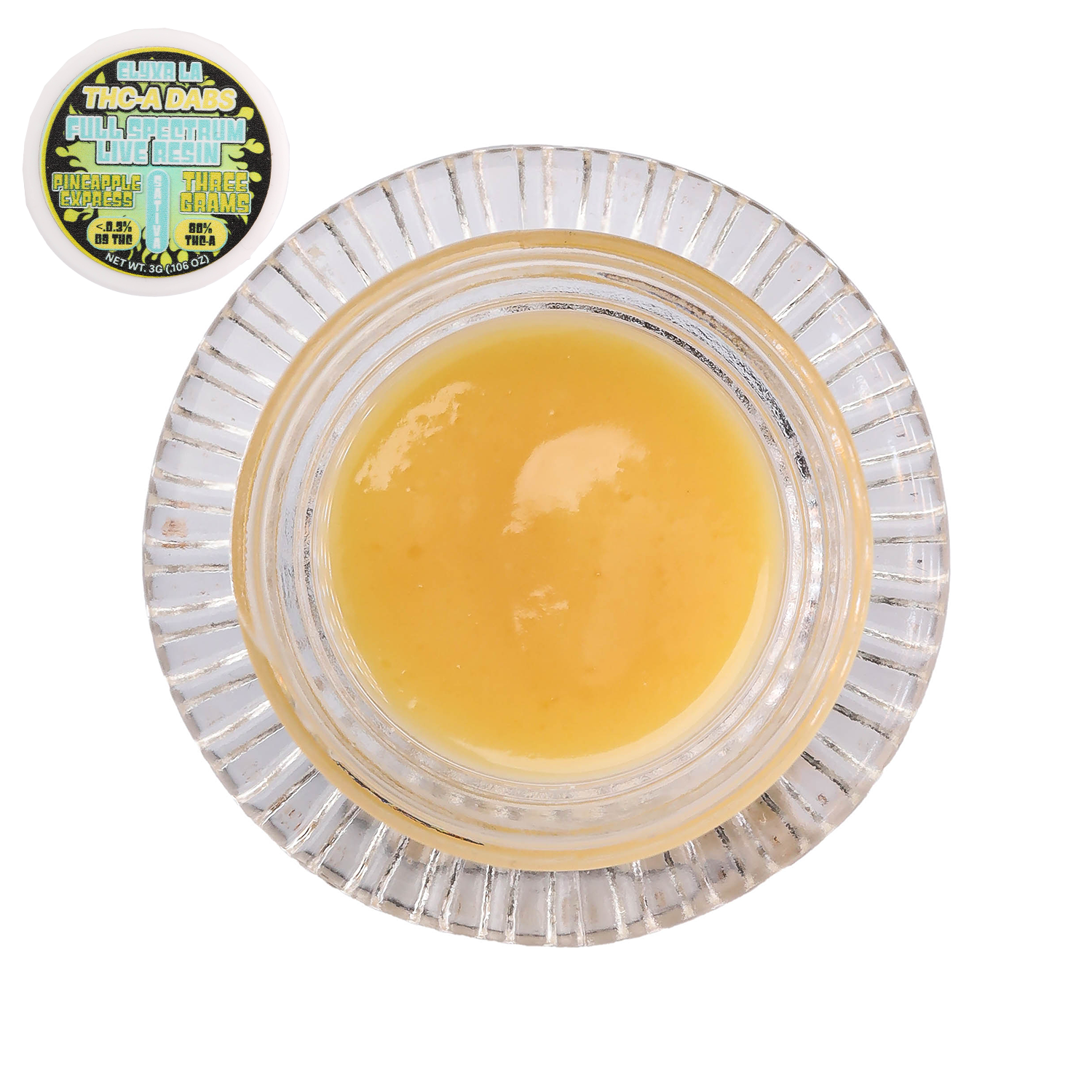Cannabis is a plant full of surprises. Beyond the familiar delta 9 THC and CBD, there’s a growing world of hemp-derived cannabinoids that are catching the attention of both researchers and experienced users. Among these, THCh and THCp are some of the most potent cannabinoids discovered in hemp plants, and they offer a fascinating glimpse into how subtle chemical changes can create dramatically different effects.
If you’ve ever wondered about THCh vs THCp, how they interact with your body’s endocannabinoid system, and what makes them different from traditional THC, you’re in the right place. This guide will break it all down, highlighting key differences, potential benefits, risks, and practical considerations for anyone curious about these rare cannabinoids.
What is THCh?
THCh, or Tetrahydrocannabihexol, is a newly identified cannabinoid that shares similarities with traditional THC but has its own distinct properties. Structurally, THCh is similar to delta 9 THC but features a seven carbon side chain instead of the typical six carbon side chain found in delta 9 THC. This small structural tweak gives THCh enhanced potency and slightly different effects on the central nervous system.
Users report that THCh features a combination of mental clarity, enhanced mood, and mild euphoria. Unlike THCp, which tends to produce intense euphoria and more potent effects, THCh’s impact is often described as milder, though still stronger than traditional THC products. Because of its weaker binding affinity to CB1 receptors in the endocannabinoid system, THCh tends to produce more manageable psychoactive effects, making it a potentially appealing option for experienced users who want to explore hemp-derived products without overwhelming intensity.
From a therapeutic perspective, THCh shows potential pain relief, anti-inflammatory properties, and muscle tension reduction, though it’s still in the early stages of research. Many users incorporate THCh or THCP products into their routines for enhanced mood and relaxation, often in small doses to gauge tolerance levels.
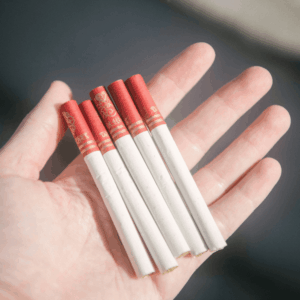
What is THCp?
THCp, or Tetrahydrocannabiphorol, is another rare cannabinoid that has generated attention for being even more potent than THCh. It shares a similar molecular structure with delta 9 THC but features a seven carbon side chain that enhances potency and creates intense effects when consumed. THCp’s structure allows it to bind strongly to CB1 receptors in the endocannabinoid system, which is why THCp binds so effectively and why its psychoactive effects are often reported as high potency and intense euphoria.
Users report that THCp is associated with deep relaxation, heightened sensory perception, and enhanced sensory perception that can significantly differ from the effects of traditional THC products. However, these intense effects mean that THCp should be approached cautiously, especially by novice users, as effects tend to be strong even in small doses.
Research into THCp is still ongoing, but preliminary studies suggest it may offer potential pain relief, appetite stimulation, and enhanced mood, similar to THCh, though with stronger potency. Like THCh, THCp is found naturally in hemp plants, but both THCh and THCp products remain rare cannabinoids compared to delta 9 THC or CBD.
Chemical Structure Comparison: THCh vs THCp
Understanding THCh vs THCp starts with their chemical structures. Both cannabinoids are analogs of delta 9 THC, but the number of carbon atoms in their side chains changes how they interact with your body’s endocannabinoid system.
- THCh: seven carbon atoms in its side chain, giving it milder effects compared to THCp but stronger than regular THC.
- THCp: Also has a seven carbon side chain, but its molecular structure allows it to bind more effectively, producing enhanced potency and intense euphoria.
These subtle differences in chemical structures explain why THCh and THCp can produce such distinct properties despite having a similar molecular structure. They also highlight how even small tweaks in carbon atoms can influence potent effects, psychoactive properties, and the body’s reaction.
Potency and Effects Comparison
When it comes to THCh vs THCp, potency and effects are two of the key differences users notice.
- THCh: Produces milder effects, often described as enhanced mood, mental clarity, and relaxation. Users note that effects tend to be more subtle, making THCh suitable for small doses or experienced users who want psychoactive effects without being overwhelmed.
- THCp: Known as one of the most potent cannabinoids, THCp delivers intense euphoria, deep relaxation, and heightened sensory perception. Its high potency means effects can vary significantly depending on tolerance levels.
Both cannabinoids interact with the endocannabinoid system, influencing the central nervous system and other cannabinoids interact synergistically when combined with traditional THC or other hemp-derived products. Users often report that THCh features a balance of focus and calm, whereas THCp can feel fast-acting, intense, and deeply immersive, especially when consumed through THCp products.
Medical and Therapeutic Potential
Beyond recreational use, THCh and THCp are attracting interest for their potential therapeutic benefits. Both cannabinoids show promise in areas such as:
- Pain relief: Both THCh and THCp may assist with muscle tension and general pain management.
- Anti-inflammatory properties: Early research suggests these cannabinoids may help reduce inflammation in the body’s endocannabinoid system.
- Appetite stimulation: Like regular THC, both THCh and THCp may encourage enhanced appetite, potentially useful for those with decreased appetite due to medical conditions.
- Enhanced mood and mental clarity: THCh is noted for promoting focus and relaxation, while THCp can provide intense euphoria and heightened sensory perception.
It’s important to note that these are potential benefits, and more research is needed before definitive claims can be made. The field is still in its early stages, but ongoing research continues to reveal the distinct properties of these rare cannabinoids.
Safety, Side Effects, and Risks
As with any potent cannabinoids, understanding potential risks is crucial. Both THCh and THCp can produce adverse effects, especially at higher doses or for inexperienced users. Common side effects include:
- Dry mouth and eyes
- Dizziness or lightheadedness
- Anxiety or paranoia
- Rapid heartbeat
Because THCp binds more strongly to CB1 receptors, it is associated with more intense effects than THCh, which can be overwhelming for novice users. On the other hand, THCh’s weaker binding affinity means effects tend to be milder, making it easier to control dosage and avoid adverse effects.
Key considerations for safety:
- Start with small doses to gauge tolerance
- Choose third-party lab testing verified THCh and THCp products
- Be aware of your body’s reaction to high potency cannabinoids
- Avoid mixing with other psychoactive substances unless experienced
While both cannabinoids are generally well-tolerated in experienced users, more research is needed to understand long-term implications fully.
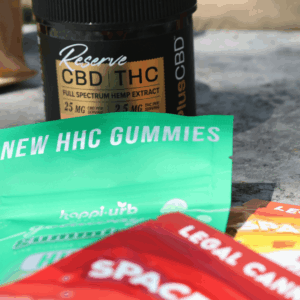
Legality of THCh and THCp
The legal landscape for THCh vs THCp is complex. Both cannabinoids are hemp-derived, which can make them federally legal in the U.S. if they contain less than 0.3% delta 9 THC. However, because these are rare cannabinoids, their legal status is sometimes ambiguous:
- THCh or THCp products derived from hemp plants may be legally sold in many states.
- THCp legal status varies depending on local laws and state regulations.
- Both cannabinoids are different from regular THC, which is strictly regulated in many regions.
It’s crucial for users to check local laws and ensure any hemp-derived products comply with regulations. Even federally legal products can differ in legality at the state or municipal level.
Consumption Methods and Experience
THCh and THCp can be found in a variety of cannabis products, each offering different experiences:
- Vape cartridges: Fast-acting effects and enhanced potency.
- Edibles: Slower onset but longer-lasting effects.
- Concentrates: Very high potency, suitable for experienced users.
- Flower: Traditional consumption method, allowing enhanced sensory perception and deep relaxation.
Many users find THCh or THCp easier to manage when dosing in small amounts, especially given their high potency. For instance, THCp products may provide intense euphoria and heightened sensory perception, while THCh tends to produce milder effects and mental clarity. Users also report that effects tend to vary based on tolerance levels, consumption method, and regular THC use history.
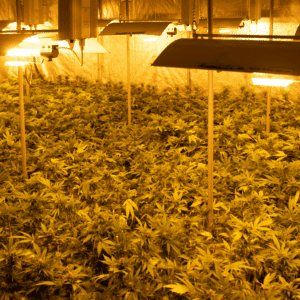
Conclusion and Key Takeaways
When comparing THCh vs THCp, the differences come down to chemical structures, potency, and effects.
Key takeaways THCh:
- Milder psychoactive properties than THCp
- Provides mental clarity, enhanced mood, and deep relaxation
- Potential pain relief and anti-inflammatory properties
- Suitable for small doses and experienced users seeking milder effects
THCp highlights:
- One of the most potent cannabinoids
- Produces intense euphoria, enhanced sensory perception, and fast-acting effects
- Strong binding to the endocannabinoid system, leading to high potency
- Potential therapeutic benefits but requires caution due to intense effects
Both THCh and THCp products are rare cannabinoids, found naturally in hemp plants, and offer exciting alternatives to traditional THC products. While they share a similar molecular structure, subtle differences in carbon atoms and side chains create distinct properties and potent effects.
For anyone interested in exploring these rare cannabinoids, the best approach is to start with small doses, choose third-party lab-tested products, and always stay informed about local laws and ongoing research. By understanding key differences between THCh and THCp, users can enjoy enhanced potency, heightened sensory perception, and even potential pain relief safely and responsibly.
Frequently Asked Questions
1. Does thch get you high?
Yes, THCh is psychoactive, meaning it can produce a mild high similar to delta 9 THC, though generally less intense than THCp. Users report enhanced mood, mental clarity, and relaxation rather than the intense euphoria associated with stronger cannabinoids. Because THCh has a weaker binding affinity to CB1 receptors in the endocannabinoid system, its effects tend to be more manageable, making it appealing for those who want psychoactive effects without overwhelming intensity.
2. Is THCP stronger than THCA?
Yes, THCp is significantly stronger than THCA. THCA is the non-psychoactive precursor of THC found in raw cannabis, and it does not produce a high until it is decarboxylated (heated). In contrast, THCp binds strongly to CB1 receptors, resulting in potent psychoactive effects, intense euphoria, and heightened sensory perception. While THCA may offer potential therapeutic benefits like anti-inflammatory properties and pain relief, its effects are much milder compared to THCp.
3. Does THCP get you stoned?
Absolutely. THCp is one of the most potent cannabinoids discovered so far, and consuming THCp products can result in intense effects. Users often experience deep relaxation, enhanced sensory perception, and intense euphoria, which is considerably stronger than the effects from regular THC. Because of its high potency, it’s recommended to start with small doses, especially for users who are not familiar with high-potency cannabinoids.
4. Is thch the same as THCA?
No, THCh and THCA are distinct cannabinoids. THCh is psychoactive, with a similar molecular structure to delta 9 THC but featuring a seven carbon side chain, giving it enhanced potency compared to traditional THC. THCA, on the other hand, is non-psychoactive until it is decarboxylated, and it primarily offers potential pain relief and anti-inflammatory properties without producing a high. While both are naturally occurring in the cannabis plant, their effects, chemical structures, and potency differ significantly.




